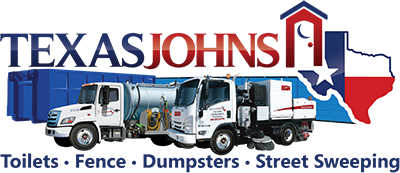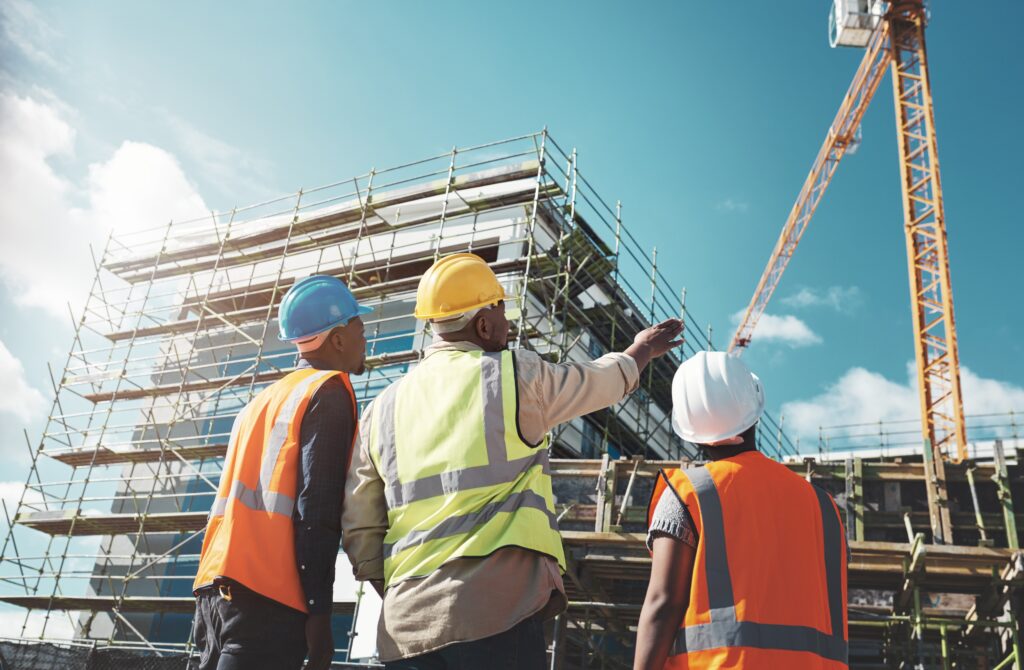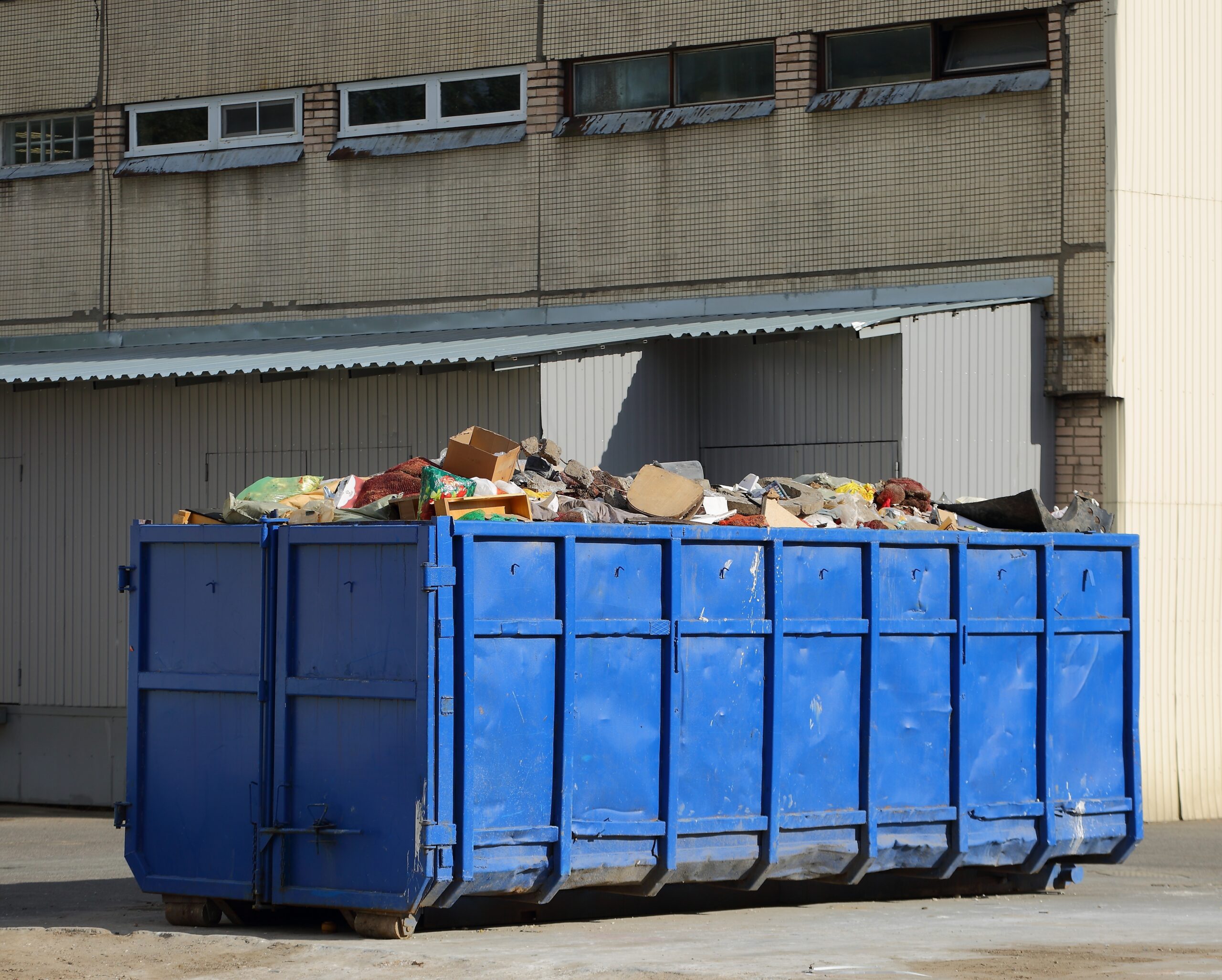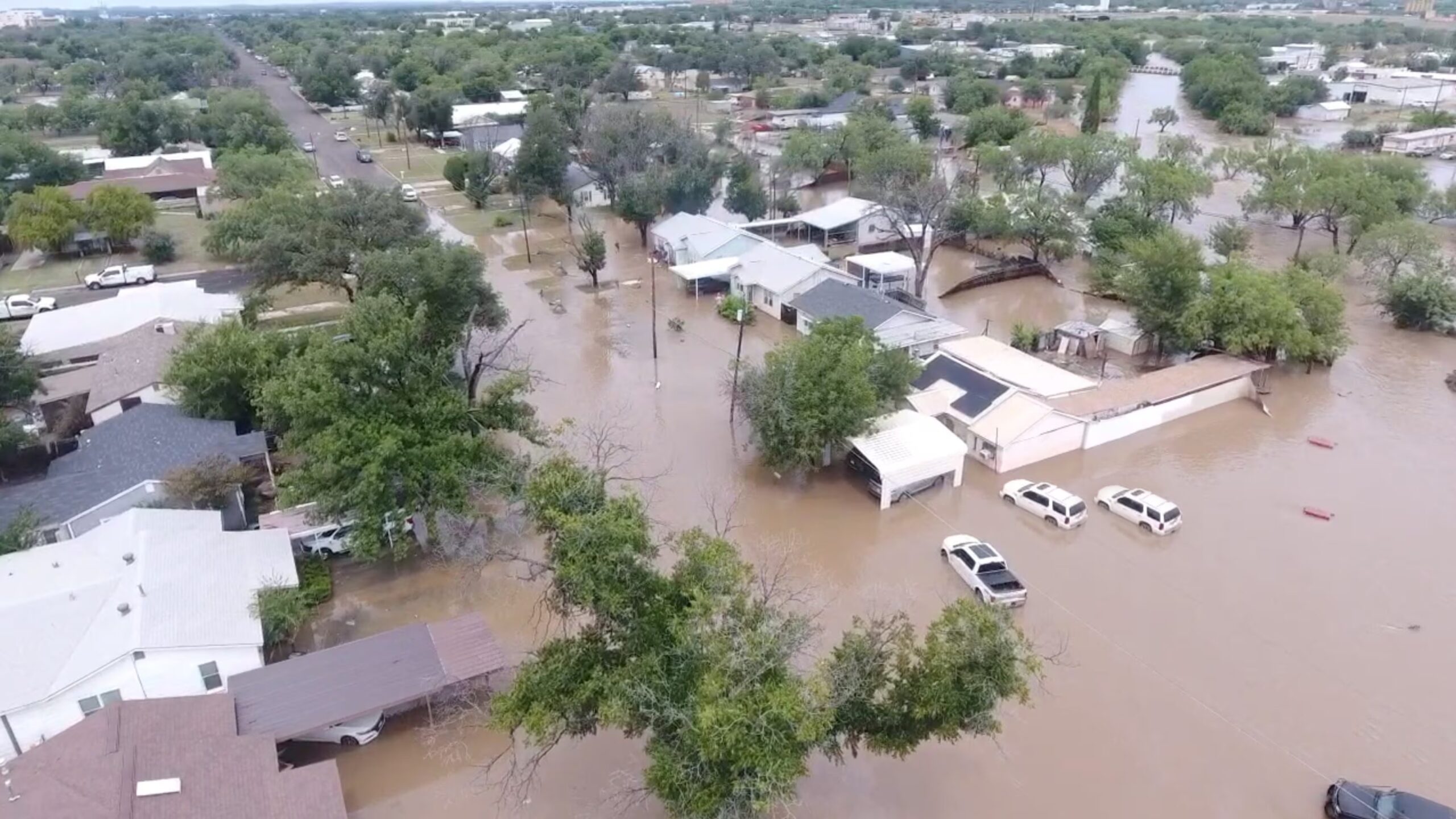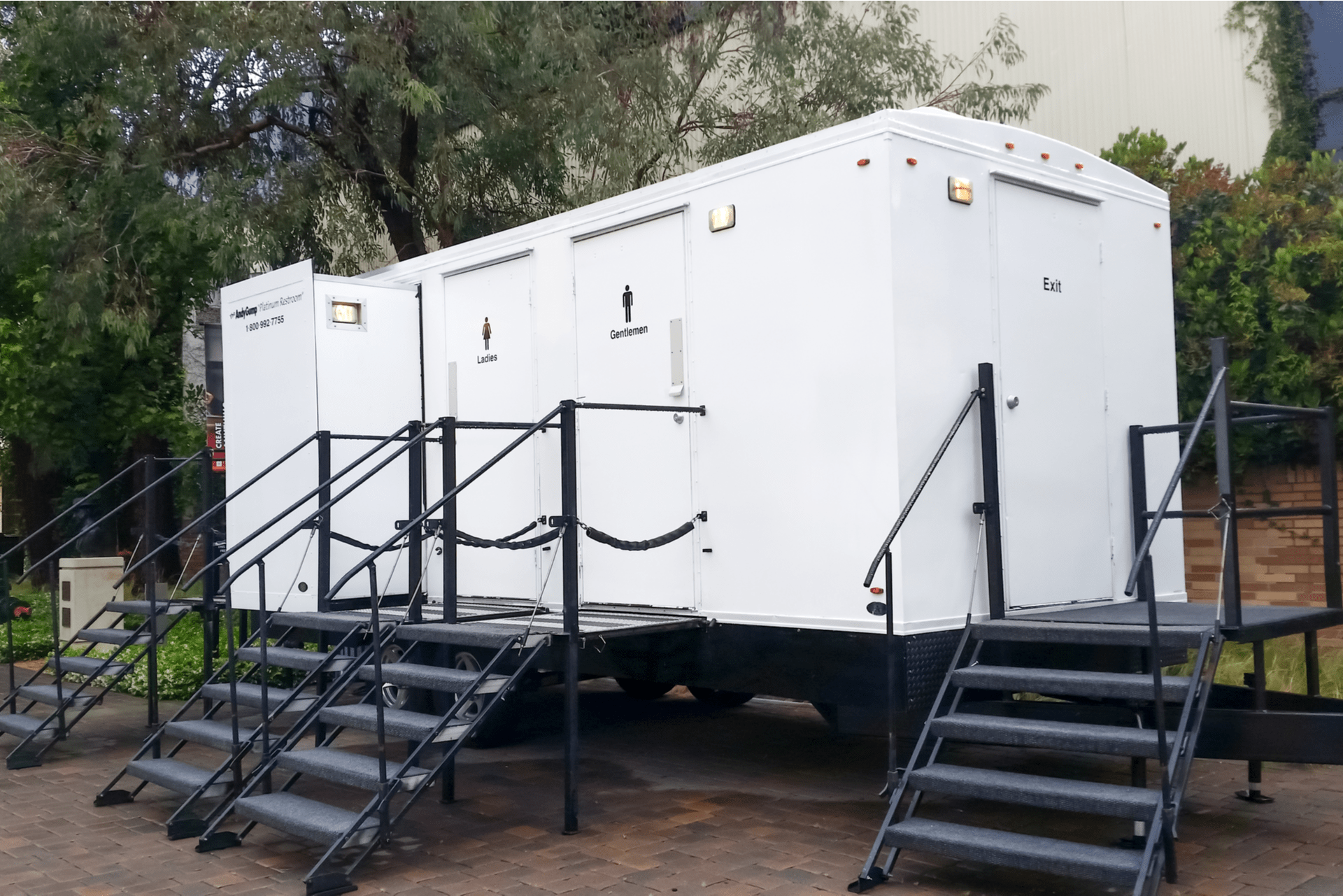Operating a successful construction project in Texas requires a masterful balance of budget, timelines, and personnel. Amidst this complex coordination, the foundational principles of safety, cleanliness, and compliance must remain the top priority. Well-managed jobsites are not just more productive; they are fundamentally safer for workers and less of a liability for the company. Neglecting these areas can lead to costly delays, hefty fines from regulatory bodies, and, most importantly, serious injuries.
As a leading provider of sanitation solutions across Dallas, Houston, Austin, and San Antonio, we have been a key partner on thousands of jobsites, from small residential builds to massive commercial developments. We understand that a clean and compliant site is the bedrock of a safe one. This guide serves as a comprehensive overview for project managers and site supervisors on the essential elements required to keep your jobsites operating at the highest standard of safety and professionalism.
Understand Safety Regulations
The first step to a compliant worksite is a thorough understanding of the law. The Occupational Safety and Health Administration (OSHA) sets and enforces the standards that protect workers from a wide range of serious hazards. For construction, these regulations are extensive and cover everything from fall protection to hazard communication.
While you don’t need to memorize every code, you are responsible for knowing the regulations that apply to your specific operations. Key areas of focus should include:
- Hazard Communication (HazCom): Proper labeling of chemicals and training for workers on handling hazardous substances.
- Fall Protection: Standards for scaffolding, ladders, and working at heights of six feet or more.
- Electrical Safety: Guidelines for preventing electrocution from wiring, overhead lines, and equipment.
- Sanitation: Specific requirements for providing drinking water, toilets, and hand-washing facilities.
Familiarizing yourself and your crew with these core OSHA principles is non-negotiable. It not only prevents fines but cultivates a culture of safety that is your best defense against accidents.
Equip Workers with Proper Safety Gear
Personal Protective Equipment (PPE) is the last line of defense between a worker and a potential hazard. It is a legal requirement for employers to provide the necessary PPE and to train employees on how to use it correctly. On virtually all jobsites, this includes:
- Hard Hats to protect against falling objects and impacts.
- High-Visibility Vests to ensure workers can be easily seen by vehicle and equipment operators.
- Safety Glasses or Goggles to protect eyes from dust, debris, and projectiles.
- Steel-Toed Boots to prevent injuries from punctures or falling objects.
Depending on the specific tasks, additional PPE like gloves, respirators, or hearing protection may also be required. Regular inspections of PPE are crucial to make sure it is in good condition and replaced when worn out.
Reduce Hazards by Managing Worksite Clutter
A disorganized jobsite is an unsafe jobsite. Tools, materials, debris, and cords scattered across the ground create a minefield of trip and fall hazards, which are among the most common causes of construction injuries.
A commitment to “housekeeping” is essential. This means establishing clear pathways, designating specific areas for material storage and waste collection, and making sure all personnel are responsible for cleaning up their work areas at the end of each day. A clean site is easier to navigate, reduces the risk of accidents, and improves overall efficiency.
Use Storage Containers To Store Equipment & Tools
Beyond daily clutter, the secure storage of valuable equipment and tools is a major concern. Leaving items exposed overnight invites theft and vandalism, leading to project delays and replacement costs. Lockable, weather-resistant storage containers provide a simple and effective solution. They help keep the site organized by centralizing tool storage and protect valuable assets from both thieves and the elements, contributing to a more orderly and secure environment.
Provide Portable Bathrooms & Hand Washing Stations
Proper sanitation is a matter of health, dignity, and legal compliance. OSHA standard 29 CFR 1926.51 explicitly requires employers to provide accessible and adequate toilet facilities for their workers. A lack of clean, convenient restrooms can lead to workers leaving the site, resulting in lost time and reduced productivity. More importantly, it can lead to unsanitary conditions that foster the spread of illness.
This is a cornerstone of our temporary jobsite rentals. We provide:
- Durable Portable Toilets: Maintained and serviced on a regular schedule to ensure they remain clean and well-stocked.
- Hand Washing Stations: Equipped with soap and paper towels, which are critical for preventing the spread of germs and for workers who handle contaminants.
- High-Rise and Mobile Units: Specialized solutions for multi-story projects or jobsites that cover a large area.
Providing these facilities is not just about checking a box; it’s about showing your crew that you value their health and well-being, which boosts morale and productivity.
Manage Construction Debris with Dumpster Rentals
Construction and demolition activities generate a significant amount of waste. Allowing this debris to accumulate creates dangerous obstacles and can violate local ordinances. An effective waste management plan, centered around strategically placed roll-off dumpsters, is critical for keeping jobsites clean.
Using a professional dumpster rental service simplifies the process. The right size containers can be delivered directly to your site and hauled away once full, making debris management efficient and hassle-free. This practice is essential for maintaining a safe and uncluttered work environment.
Keep Streets Clean with Street Sweeping
The responsibility for a clean jobsite extends to its perimeter. Vehicles leaving a muddy site can track dirt, gravel, and other debris onto public streets. This not only creates a public nuisance but can also violate municipal codes and environmental regulations related to stormwater pollution. Regular street sweeping around your site’s entrances and exits is a professional courtesy and a compliance necessity that keeps you in good standing with the community and local authorities.
Secure Your Jobsite with Temporary Fencing
Finally, securing the perimeter of your jobsite is vital for both safety and security. Temporary fencing serves two primary purposes:
- Prevents Unauthorized Access: It keeps the public, including curious children, out of a potentially dangerous area, significantly reducing your liability.
- Deters Theft and Vandalism: It creates a clear barrier that protects your stored materials and heavy equipment during off-hours.
Temporary fencing is a fundamental component of the temporary jobsite rentals that establish a secure and controlled environment from day one.
Texas Johns: Clean and Convenient Portable Saniation Rentals
Creating and maintaining safe, clean, and compliant jobsites is a continuous process that requires diligence and the right partners. By understanding regulations, enforcing good housekeeping, and utilizing professional temporary jobsite rentals for essential services like sanitation, waste management, and security, you can mitigate risks and foster a productive work environment. These efforts protect your workers, your company, and the public, paving the way for a successful project from start to finish.
Is your Texas jobsite equipped for success? Contact Texas Johns today for a fast and easy quote on portable toilets, hand washing stations, and other essential site services. Let us handle the logistics of cleanliness and compliance so you can focus on building.
Frequently Asked Questions (FAQ)
Q. How many portable toilets do I need for my jobsite?
According to OSHA standards, for 1 to 20 employees, at least one toilet is required. For 20 to 200 employees, the rule is one toilet seat and one urinal per 40 workers. We can help you assess your specific needs to ensure you remain fully compliant.
Q. Why is a clean jobsite considered a safe jobsite?
A clean and organized jobsite significantly reduces the risk of common accidents. By eliminating clutter, securing materials, and managing waste, you remove slip, trip, and fall hazards, which are among the leading causes of injury in the construction industry.
Q. What are the benefits of using professional temporary jobsite rentals?
Using a professional service for your rentals provides reliability and expertise. A dedicated company manages the delivery, regular servicing, and removal of equipment like portable toilets and dumpsters, saving you time and hassle. It also ensures the equipment is high-quality and meets all health and safety regulations, helping you stay compliant.
